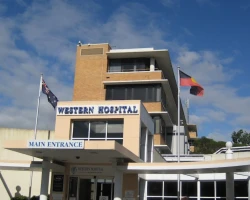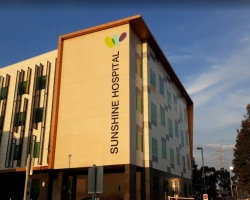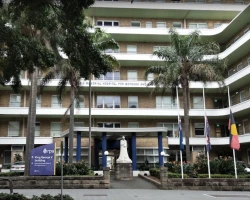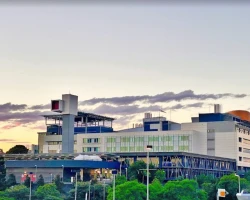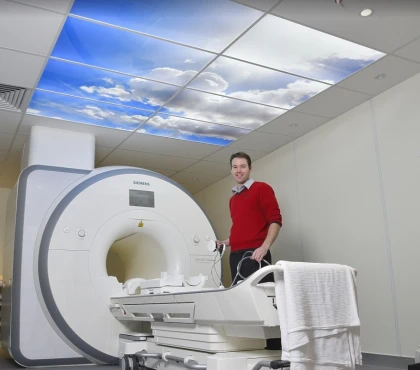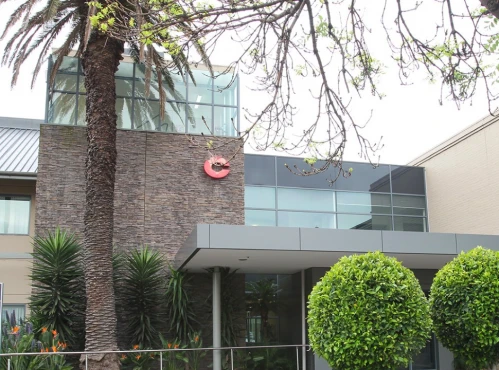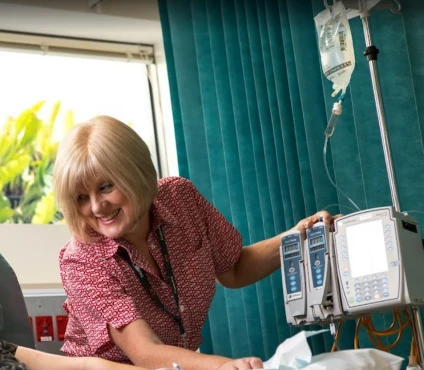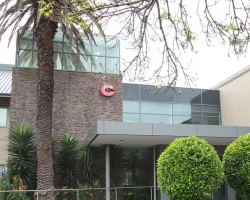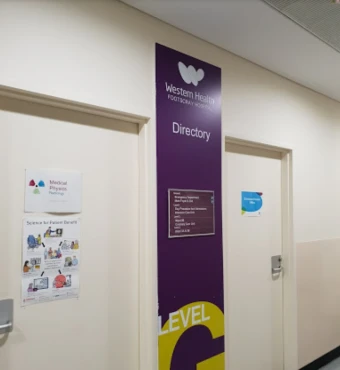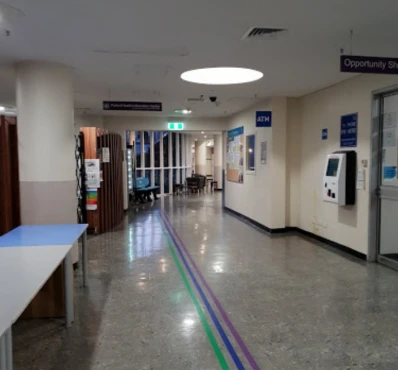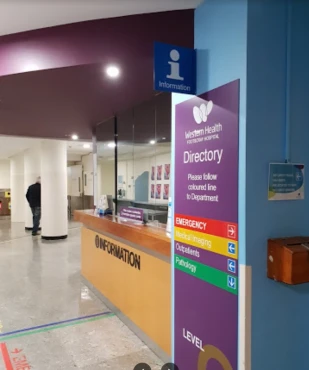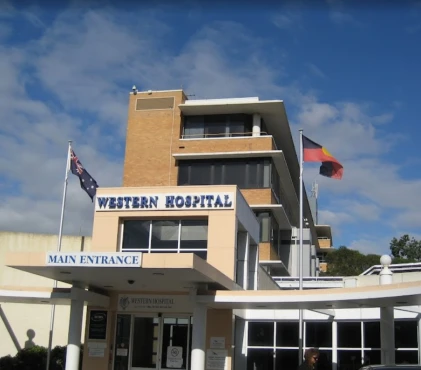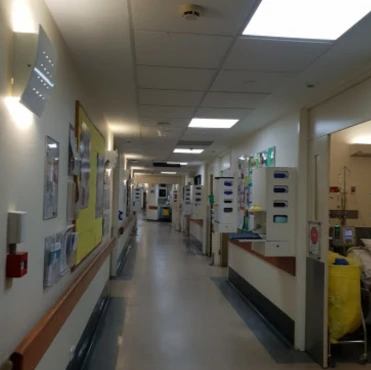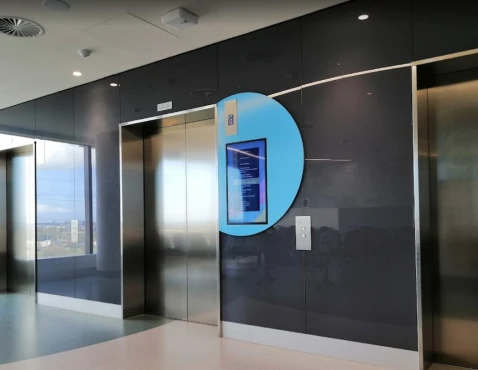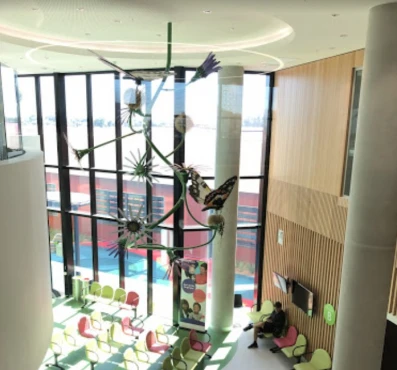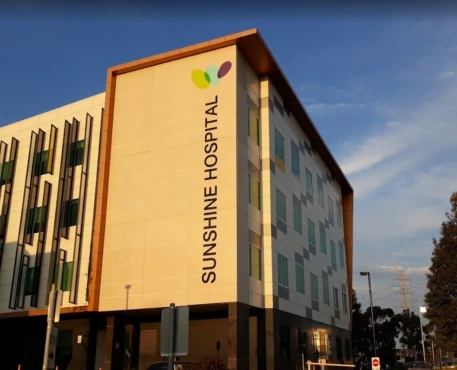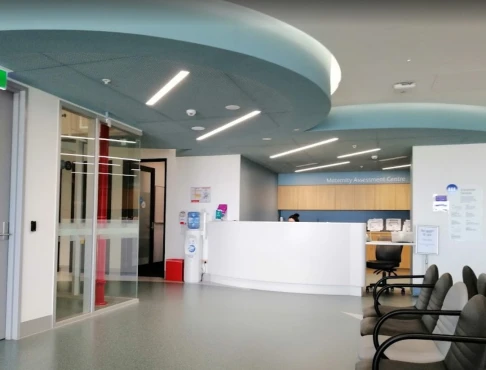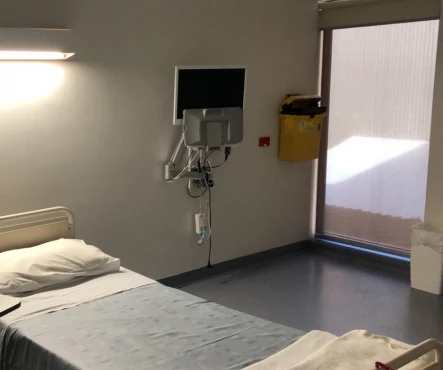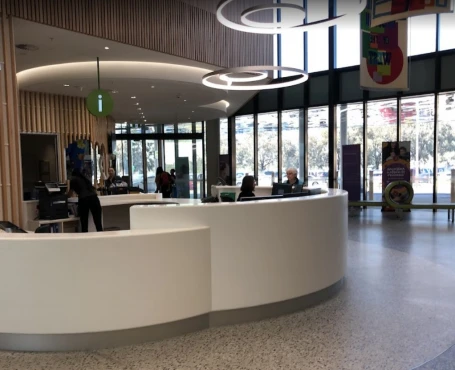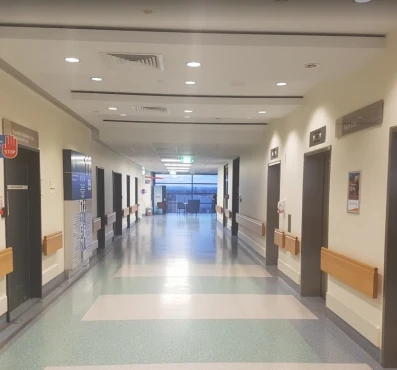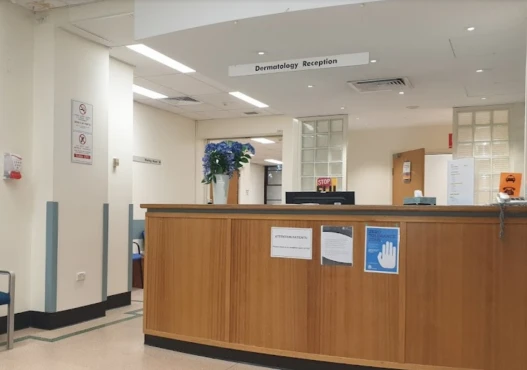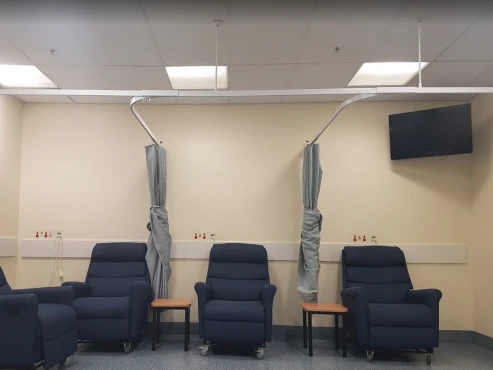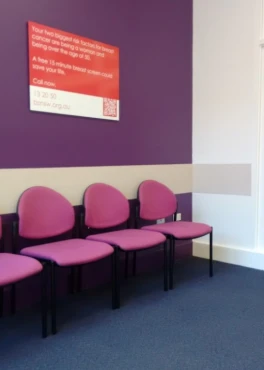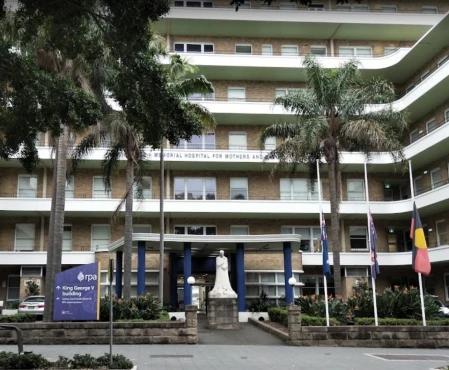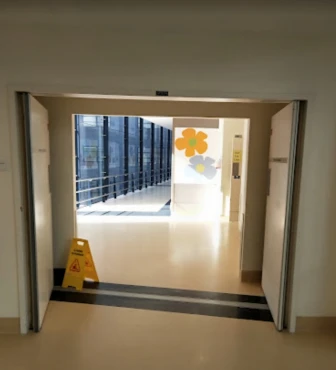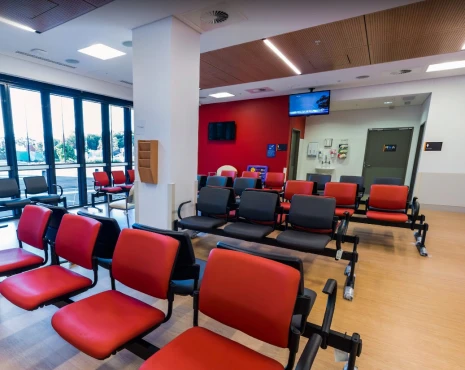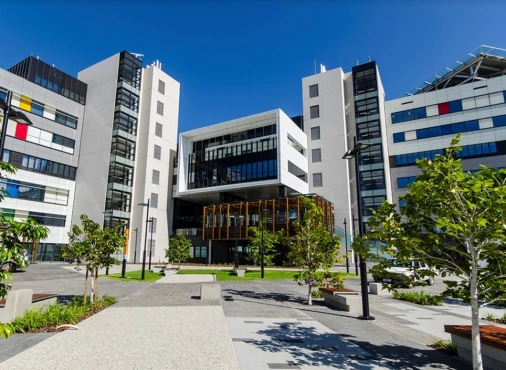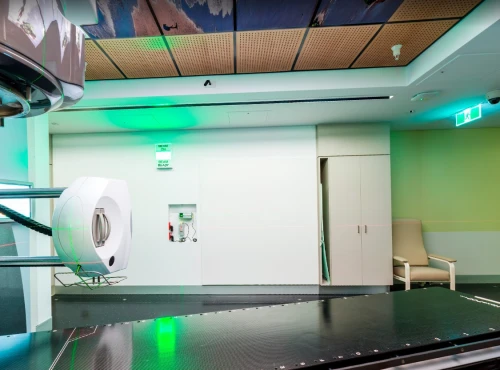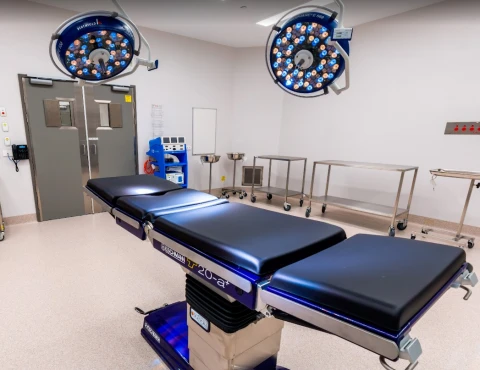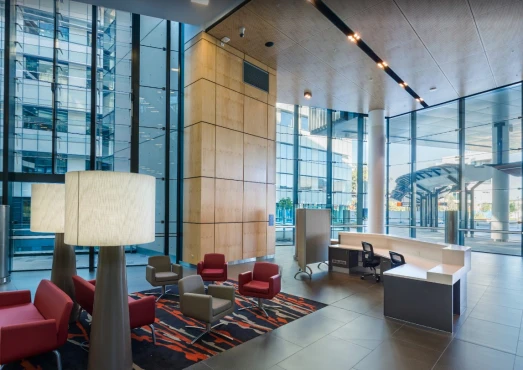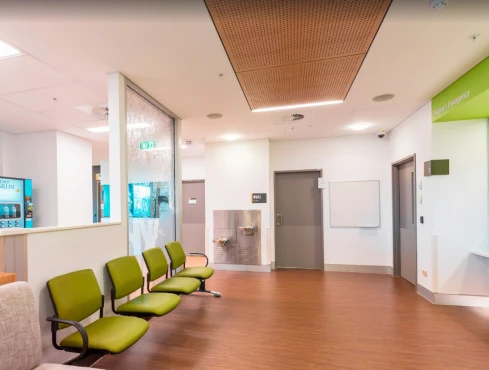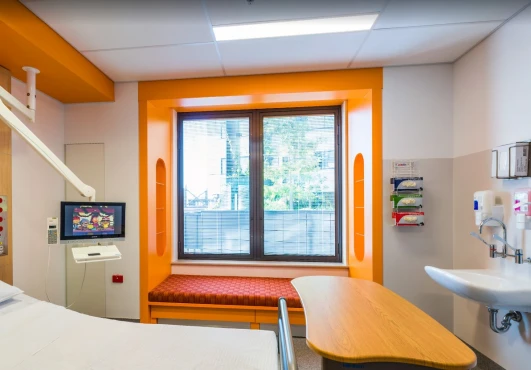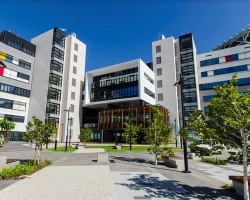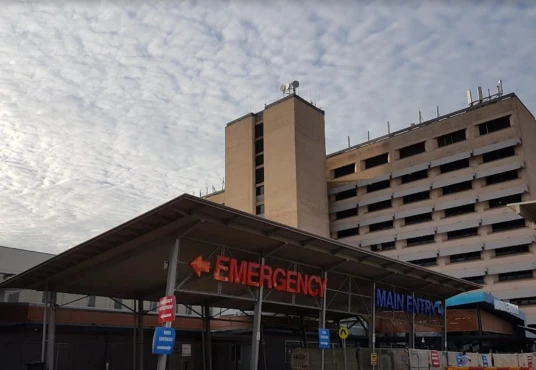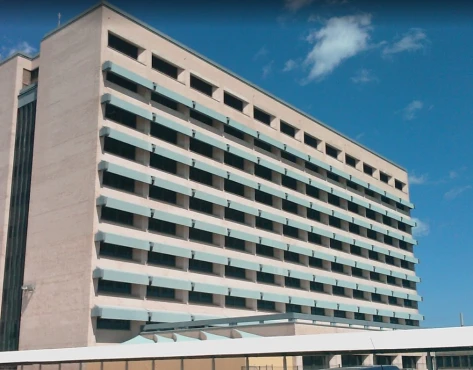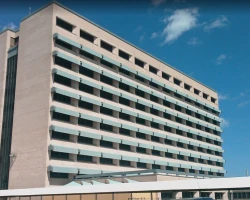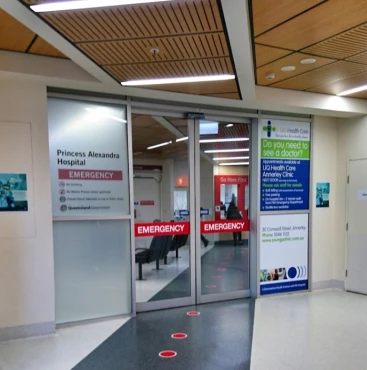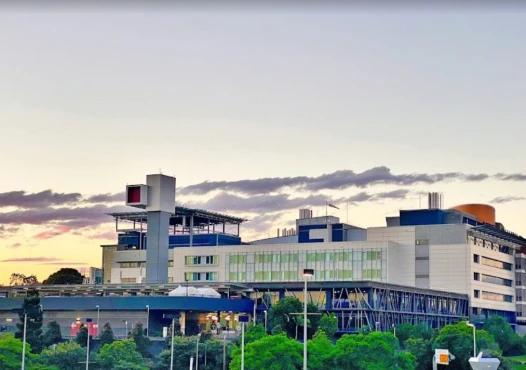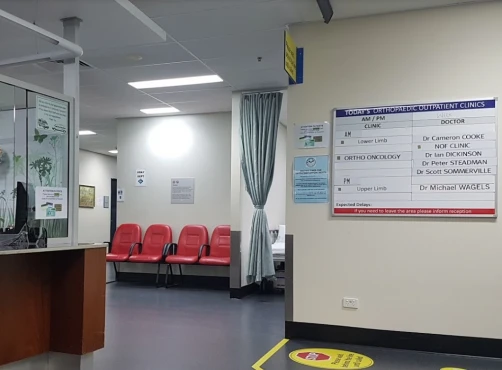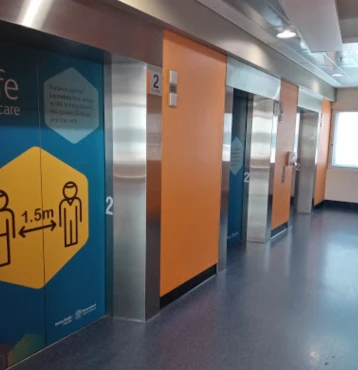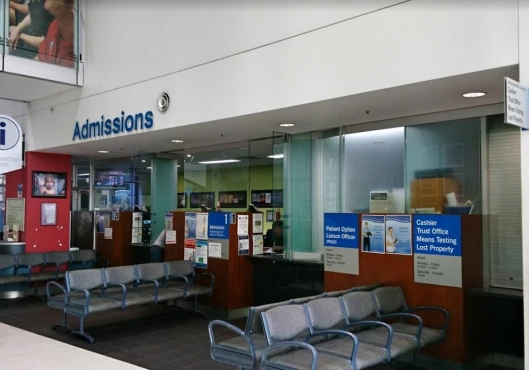from Michael Schembri
December 04, 2023
I cannot thank the wonderful people at this hospital who showed great care and understanding to my situation. They were efficient, caring and above all very professional. I cannot rate them highly enough.
They deal with some very difficult people and situations and to their credit come back next shift to do it all again.
They are special people who should be recognised for their effort.
from Vishal Reddy
November 22, 2023
The doctors and Medical staff are great and they deserve a 5 star based on my experience. However, the Hospital desperately needs to look into how their back office staff treat people. My mother was admitted as an overseas patient. When she was discharged, a lady came and asked us to go to a private area and she put some papers asking me to sign it. When I asked her what I was being asked to sign, her response was “will explain once you have signed it.” When I declined, she started getting aggressive and rude. It came to a point that I had to ask her to get a second person come in and witness what she her aggressive and pushy behaviour. Finally when a second person was present in the room, her behaviour changed to an angel. Then we went through the invoice realising that we were charged for 3 nights when mom was admitted for 2 nights only. There were other errors as well.
I am writing this because I hope that this will alert private patients and they are prepared to deal with these scenarios.
from Sonny Chino
November 12, 2023
I had to have an emergency surgery on the 11/11/2023. I just want to thank the Staff at the hospital for such a professional , polite and extremely well co-ordinated care from start to end .
From arriving at the beginning and being interviewed by the first point of contact (nurse) and then the admin staff, both professional and friendly.
When the nurse from the Emergency Department came to fetch me , she was brilliant in her care, after the Doctor saw me . She was so thorough and careful in attaching my drip for my medication . She was so careful in finding a strong vein to take my blood , and answering any questions I asked her. What an amazing nurse.
The doctor was also polite and friendly and explained what needed to be done .
One of the surgical team came to speak to me as well and told me exactly what the surgery was all about , also friendly and polite .
They then moved me to a ward and the PSA staff member was friendly and polite.
At the ward , there was a student nurse and she was so professional in her manner of asking questions and checking my Blood pressure , temperature and oxygen , she even went to find my wife a chair.
When the student's shift ended , the nurse that took care of me was even more amazing , explaining what was going to happen and reassuring me , went with me to the theatre and escorted back after the surgery. Took great care in her treatment of me , with pain relief and antibiotics through my drip. I just want to say a big thank you to her.
The anaesthetists were so thorough and reassuring as well as polite and friendly . Both were so willing in answering and explaining my concerns or questions I had .The anaesthetist nurse assistant was polite and friendly.
The surgeon was great , helpful and friendly .
Sunshine hospital is so clean and has great modern facilities and technology.
Thank you so much Sunshine hospital for your great service from ALL your staff .
